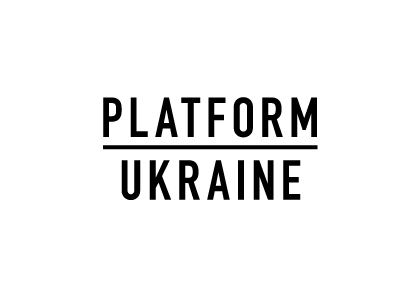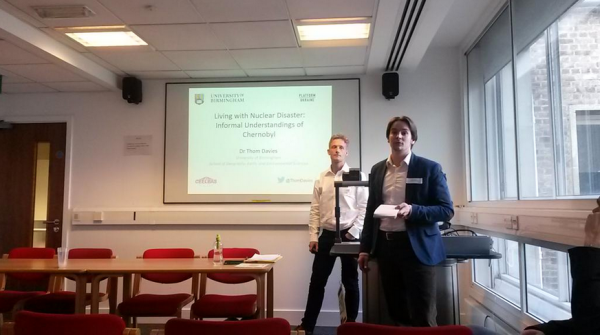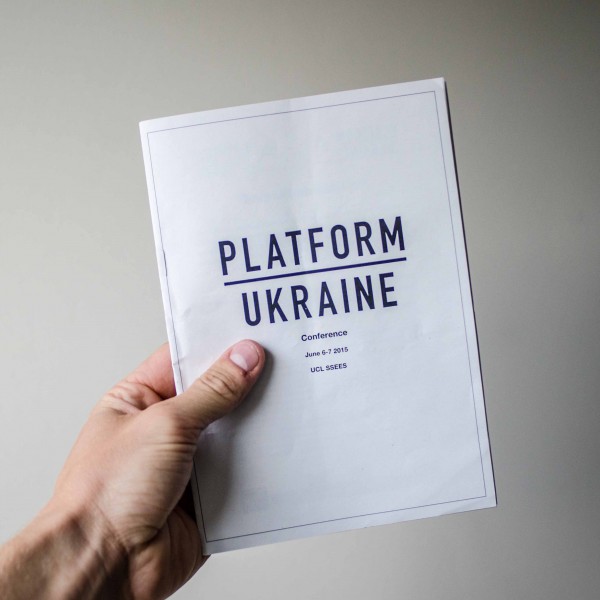I was invited to present my PhD research about Chernobyl at UCL last June with Platform Ukraine, a multidisciplinary network set up in response to the recent tumultuous events in Ukraine and Eastern Europe. Platform Ukraine is based at the School of Slavonic and Eastern European Studies (SSEES).
The conference shone a timely light on many aspects of the post-Euromaidan situation in Ukraine, as well as providing an opportunity to exchange ideas on boarder issues and challenges in Post-Socialist space.
I was on a panel focusing on Chernobyl and was talking alongside Dr Paul Dorfman from UCL and Professor Jim Smith from the University of Portsmouth. Chaired by Mateusz Zatonski from London School of Hygiene and Tropical Medicine, the session lead to an interesting discussion about the role of nuclear power in contemporary society. Paul and Jim both gave excellent talks from a more scientific (with a capital ‘S’) perspective than my own ethnographic insights, which made for an interesting confluence of ideas.
My presentation was titled ‘Living with Nuclear disaster: Informal Understandings of Chernobyl‘.
Abstract:
"Drawing upon extensive qualitative research and visual methods with communities who live around the Exclusion Zone in Ukraine, this paper will discuss the ‘lived experience’ of nuclear disaster (de Certeau 1984). It will reveal the coping tactics and informal understandings of post-atomic space that allow marginalised groups to inhabit and renegotiate this stigmatised landscape. The paper argues that alongside the half-lives, Exclusion Zones and official measurements of nuclear risk, exists an informal geography of Chernobyl. Local alternative understandings of Chernobyl, which are often at odds with the formalised spatialisations of the Zone, allow people to negotiate the twin ‘exposures’ of nuclear radiation and de facto state abandonment. Informal economic activities such as border crossing, mushroom picking, and scrap metal collection blur the boundaries of the Zone and contest the official governance of Chernobyl (Davies & Polese 2015). This long-term research has involved participant observation, participatory visual methods, and semi-structured interviews with evacuees, liquidators, border guards, ‘Chernobyl widows’, farmers and returnees who inhabit and contest the nuclear borders of the Chernobyl Exclusion Zone."
Being part of Platform Ukraine was a excellent experience and I look forward to more involvement in the future.
You can check out their blog and follow Platform Ukraine on twitter here.








Leave a Reply